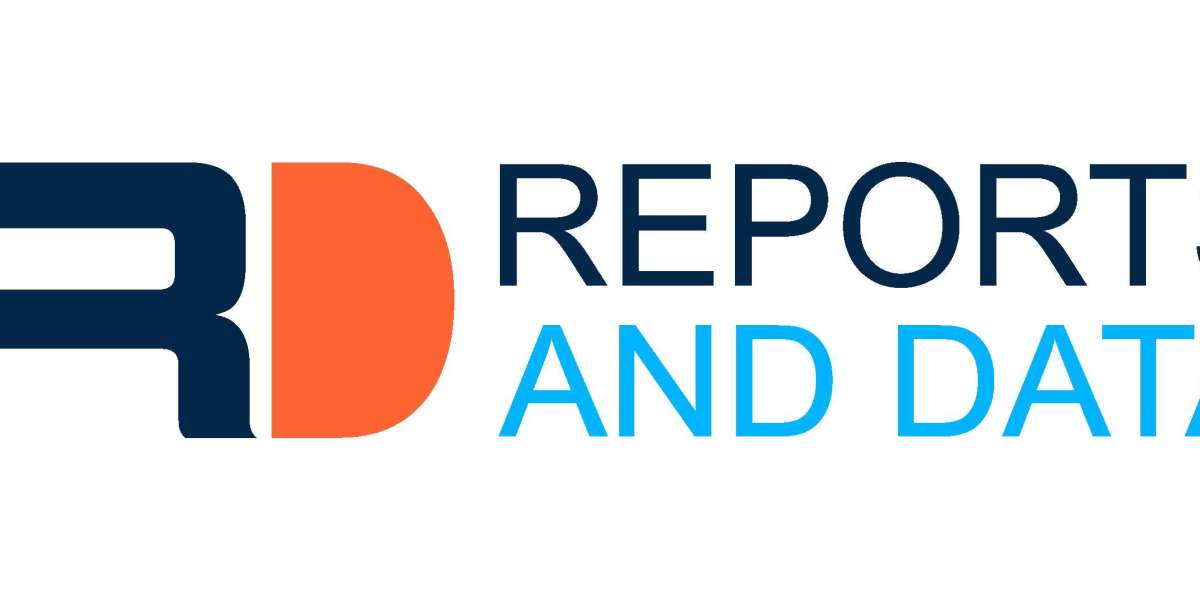Remote Sensing Technology Market Overview
The Remote Sensing Technology Market involves the collection of data and information about an object or phenomenon from a distance, typically through satellite or aircraft-based sensor systems. This technology has found extensive applications across various industries, including agriculture, forestry, environmental monitoring, defense, and urban planning. Understanding the key drivers, growth factors, challenges, and opportunities within the remote sensing technology market is crucial for assessing its current and future trends.
Market Drivers
- Growing Demand for Geospatial Data: The increasing need for accurate and real-time geospatial information for urban planning, disaster management, and infrastructure development is driving the remote sensing technology market.
- Advancements in Satellite Technology: Technological advancements in satellite imaging, including higher resolution and improved spectral capabilities, are expanding the scope of remote sensing applications.
- Rising Environmental Concerns: Heightened awareness about environmental degradation and climate change is boosting the adoption of remote sensing technology for monitoring deforestation, land use, and climate patterns.
- Government Initiatives: Government initiatives worldwide to promote digital transformation and enhance national security through satellite-based surveillance are propelling market growth.
- Integration with IoT and AI: Integration of remote sensing data with Internet of Things (IoT) and artificial intelligence (AI) technologies is enhancing the analytical capabilities and usefulness of remote sensing solutions.
Market Growth
- The global remote sensing technology market is experiencing robust growth, with a projected CAGR of X% during the forecast period (20XX-20XX).
- Satellite-based remote sensing is expected to dominate the market due to its wide coverage area and continuous monitoring capabilities.
- The market growth is particularly strong in Asia Pacific, North America, and Europe, driven by increasing investments in space technology and infrastructure.
Get more Information: https://www.econmarketresearch.com/industry-report/remote-sensing-technology-market/
Market Restraints
- High Initial Costs: The deployment of remote sensing systems and satellite launches involve high initial capital investment, which can be a barrier for small businesses and developing economies.
- Data Privacy Concerns: Issues related to data privacy and security, particularly with the collection and storage of sensitive geospatial information, pose challenges to market expansion.
- Limited Accessibility: Some remote areas may have limited accessibility to satellite data due to infrastructure constraints, which hinders the widespread adoption of remote sensing technology.
Market Opportunities
- Precision Agriculture: The use of remote sensing for precision agriculture, including crop monitoring, yield prediction, and water management, presents significant growth opportunities.
- Emerging Applications in Healthcare: Remote sensing technology can be applied in healthcare for disease surveillance, disaster response, and epidemiological studies, opening new market avenues.
- Smart Cities and Infrastructure Development: Growing investments in smart city initiatives and infrastructure development globally offer promising opportunities for remote sensing technology providers.
Key Players
Prominent companies operating in the remote sensing technology market include:
- Airbus Defence and Space
- Ball Aerospace Technologies Corp.
- Lockheed Martin Corporation
- Maxar Technologies
- Planet Labs Inc.
- Trimble Inc.
- Hexagon AB
- Thales Group
Regional Analysis
- North America: Leading the market due to a strong presence of key technology providers and significant investments in space-based infrastructure by government and private sectors.
- Europe: Witnessing steady growth driven by advancements in satellite technology and supportive regulatory frameworks.
- Asia Pacific: Emerging as a key market with rapid industrialization, increasing adoption of precision agriculture, and rising investments in satellite programs by countries like China and India.
Conclusion:
The Remote Sensing Technology Market is poised for substantial growth, fueled by technological innovations, increasing demand for geospatial information, and expanding applications across diverse industries. However, challenges such as high costs and data privacy concerns need to be addressed to unlock the full potential of this transformative technology. With ongoing advancements and strategic collaborations, the market is expected to witness sustained expansion, offering lucrative opportunities for stakeholders across the global.
Other Reports:
Ozone Generator Market Industry
Water Treatment Chemicals Market Size
Automatic Book Scanner Market Share
Dust Control Systems Market Growth
Farm Equipment Market Analysis
Biomass Pellets Market Revenue
Freight Forwarding Market Rate
Smart Container Tracking System Market Forecast
Polyurethane Foam Market Industry
Battery Recycling Market Analysis
Contactless Biometrics Technology Market Rate
Automated Waste Collection System Market Industry
Industrial Barrier Systems Market Size
Cartilage Repair Market Growth
Hardware Security Module Market Analysis
Medical Device Connectivity Market Rate
Fuel Cell Vehicle Market Forecast
Autonomous Vehicle Market Industry
Industrial and Commercial Floor Scrubbers Market Size
Commercial Aircraft Landing Gear Market Share
Transportation Management System Market Growth



